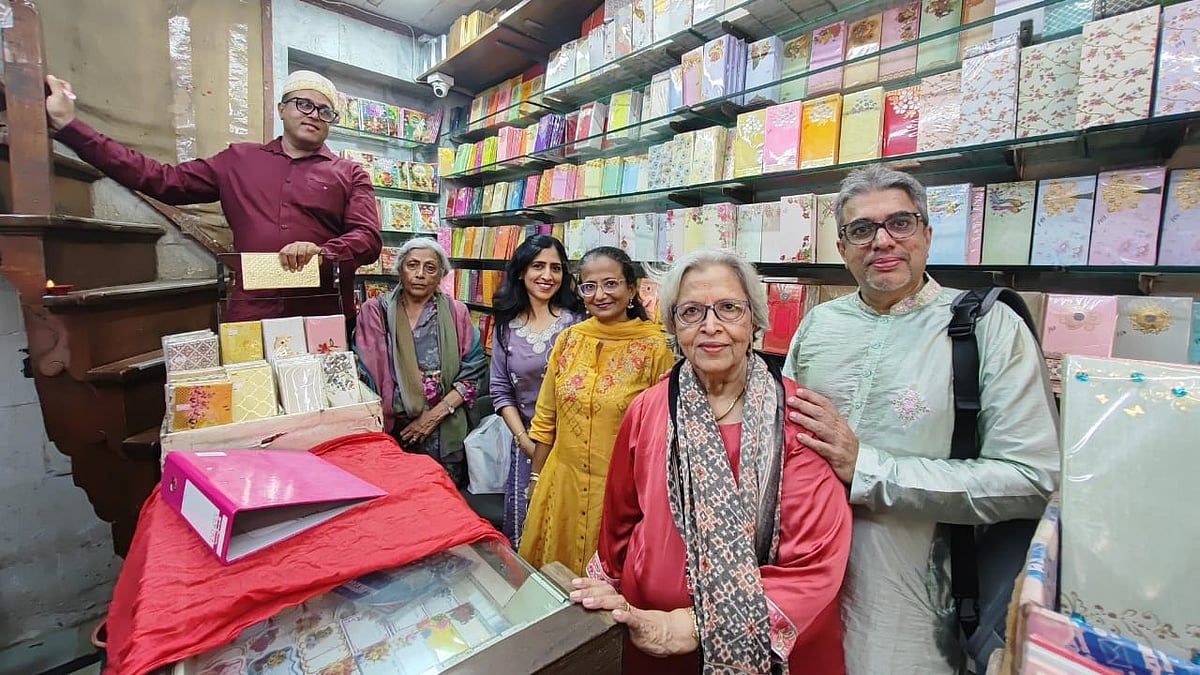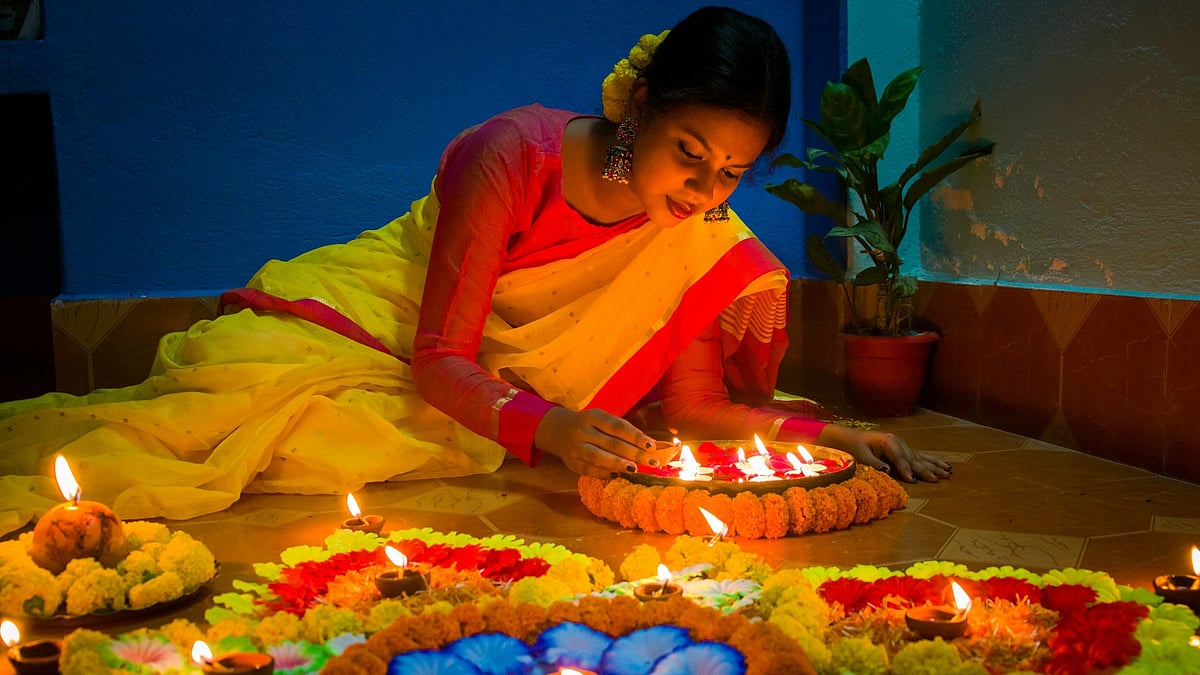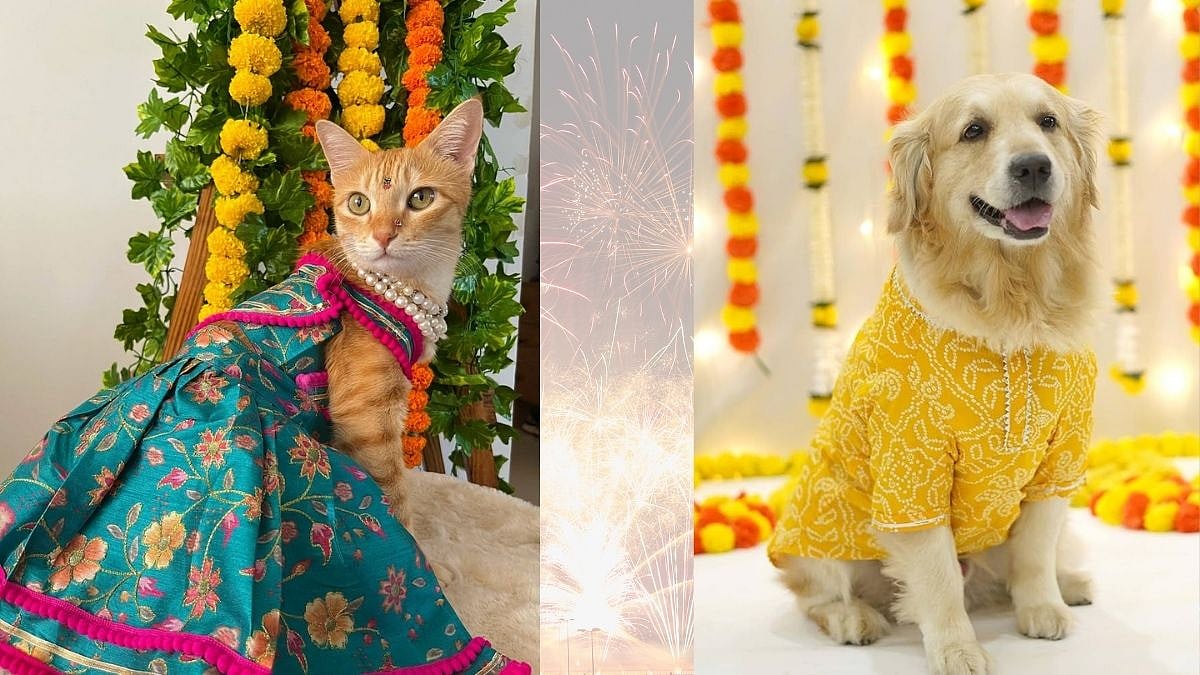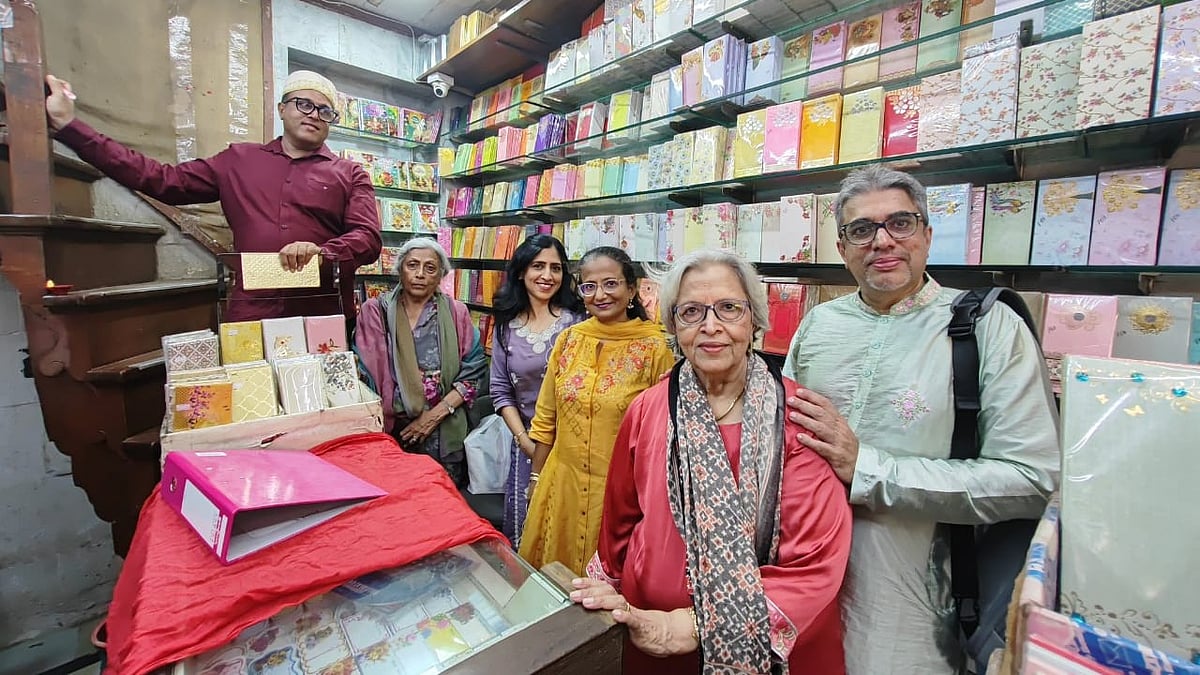You know it’s Diwali when you see the city dressed in blinding lights, you know it’s Diwali when diyas are sparkling in every household, and you know it's Diwali when we burst crackers and enjoy traditional sweets. The traders and businessmen deck out their workplaces, as it is believed that the goddess Lakshmi visits every shop and, along with her, brings prosperity. The tradition of worshipping chopdas or the red account book was once a common practice even amongst Bohra Muslim communities.
“My uncles used to go to shops during Diwali. My cousins used to buy red chopdas or books and write the name of Allah in the chopda. The common Arabic phrase written in the account book is Bismillahir Rahmanir Raheem, which means In the name of God. It is the commencement word for the Bohri Muslims, says Juzer Udaipuri, an advocate and solicitor. He has fond memories of how his uncle used to get firecrackers during Diwali. And he, along with other kids, used to enjoy bursting them.
Diwali is not just a festival for any particular community. It’s an occasion to celebrate and welcome joy, prosperity and to overcome evils. The atmosphere of celebration is in the air.
Hashim Mirza, a businessman by profession and a Mumbaikar who often conducts heritage walks and shows off his love for the city, shares his childhood memories of celebrating Diwali with his family, “Diwali used to be with a Muhurat at the shop. Though we've shifted the financial year to April one, we still carry out the chopda pujan today. We Bohras are primarily into business, which requires a certain flexibility, so despite being Muslim, we've adapted certain local traditions and made them our own, adding our distinctive touch to the festivities.”
The celebration takes place in a different fashion but retains the ethos. He says, “Earlier we used to call the mullah saheb from the local mosque, to visit our establishment at the auspicious time, and bless our undertakings by initialling our account books with 'Bismillah', using a wooden quill with saffron ink. After that, the family and staff would do salaam to him (obeisance), receiving their Diwali bonus from his hands, followed by light refreshments, and conclude with a bang as literally a string of fireworks was set off.”
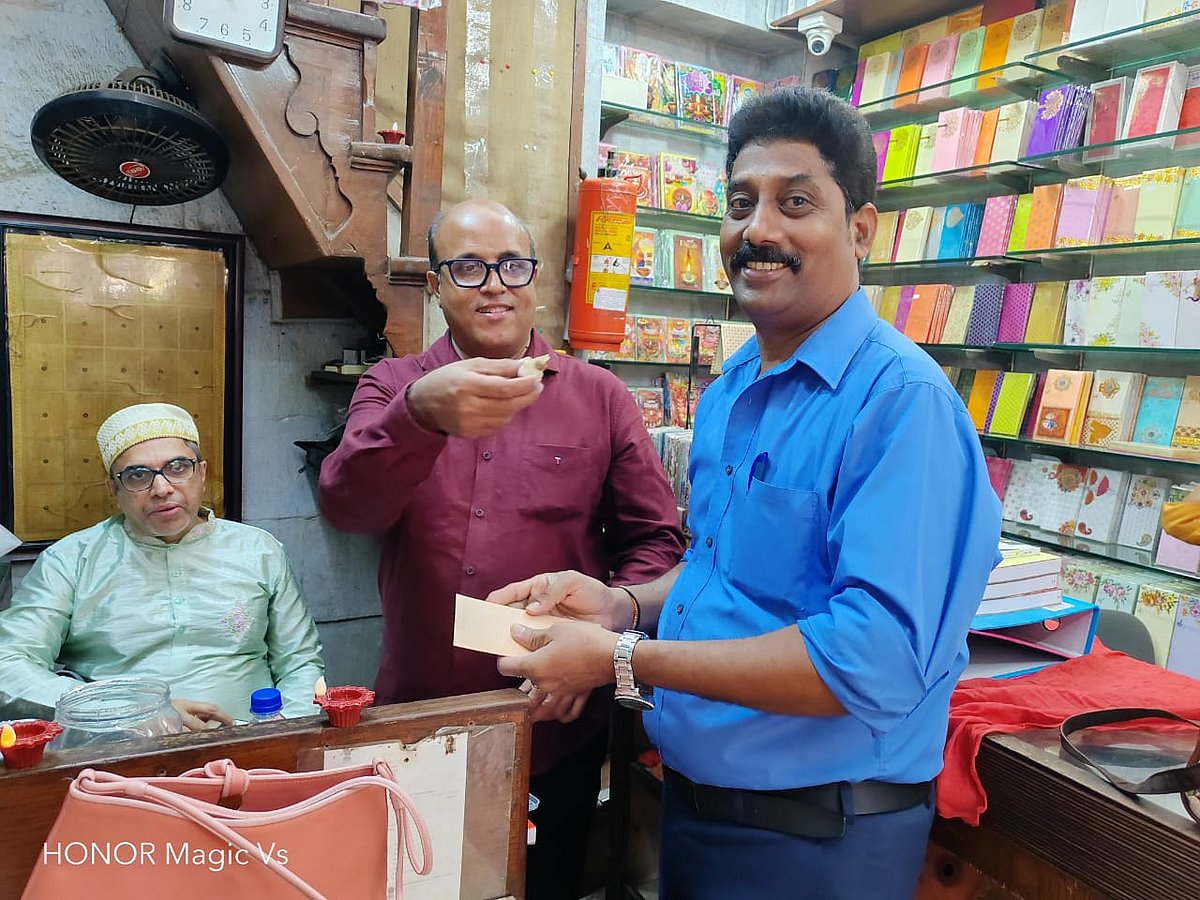
He continues, “In this digital age, that's long gone, but the custom of having the family members visit our shop is something we have managed to continue. In preparation for the day, starting a week prior, the workplace undergoes a thorough cleaning to look spic and span, refreshments are stocked, and finally, the files and registers are got a week prior. Come the appointed hour, not just the family members, but also the staff take turns to initial the account books with a red pen, the eldest member of the family dispenses Diwali to the staff, and the family presents, and in a few moments, the ceremony concludes with lunch at a nearby restaurant. We have added the concept of a Diwali lunch, so our muhurat concludes at noon, and the family goes out for lunch to a nearby restaurant. I usually take my staff out for lunch on the Navu Waras or the new year, the next day.”

Pic: Canva |
Juzer R, a Punekar, shares what Diwali means for him. He says, “I don’t know about the entire community, but my family used to gather on Diwali eve at my relatives who owned businesses. Diwali meant a new beginning for the account books and brought with it the hope of progress and prosperity.”
The festivities and celebrations add a tinge of colour to the city. This colour becomes even more vibrant when celebrated by everyone. Whether going out for a meal with relatives and bonding with friends over a party, by bursting crackers or worshipping the accounting book at the start of the old financial year, Diwali is a festival of joy for all religions in this maximum city.
